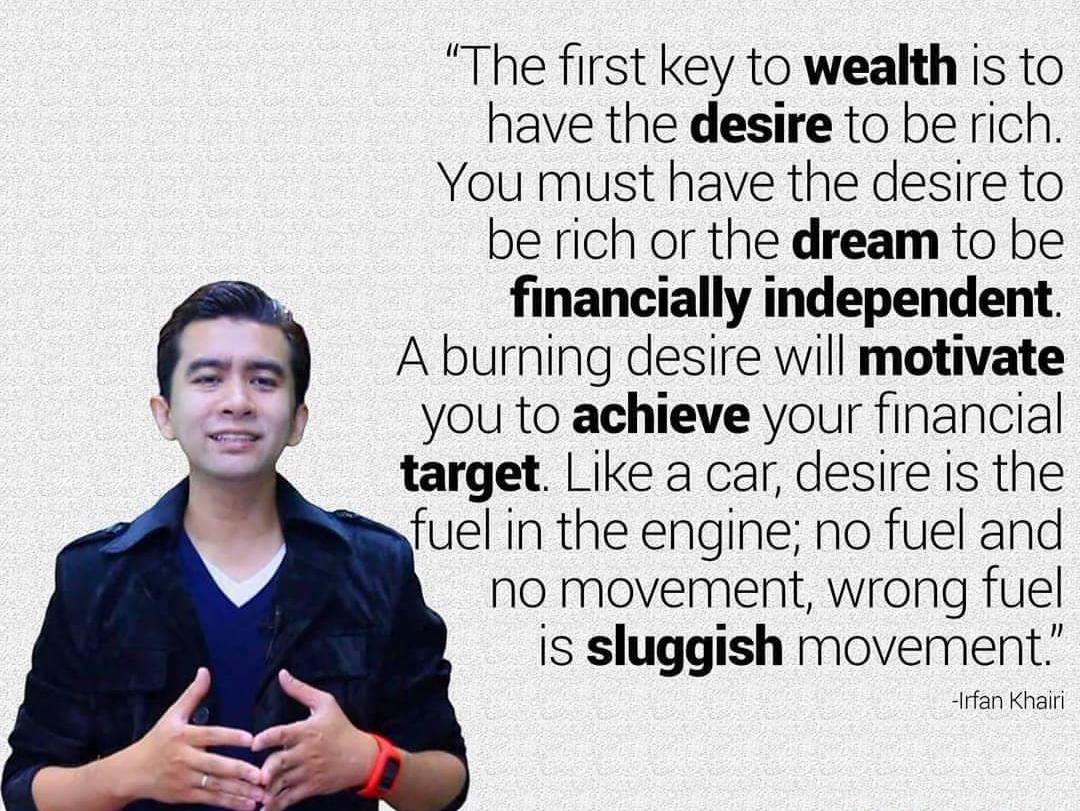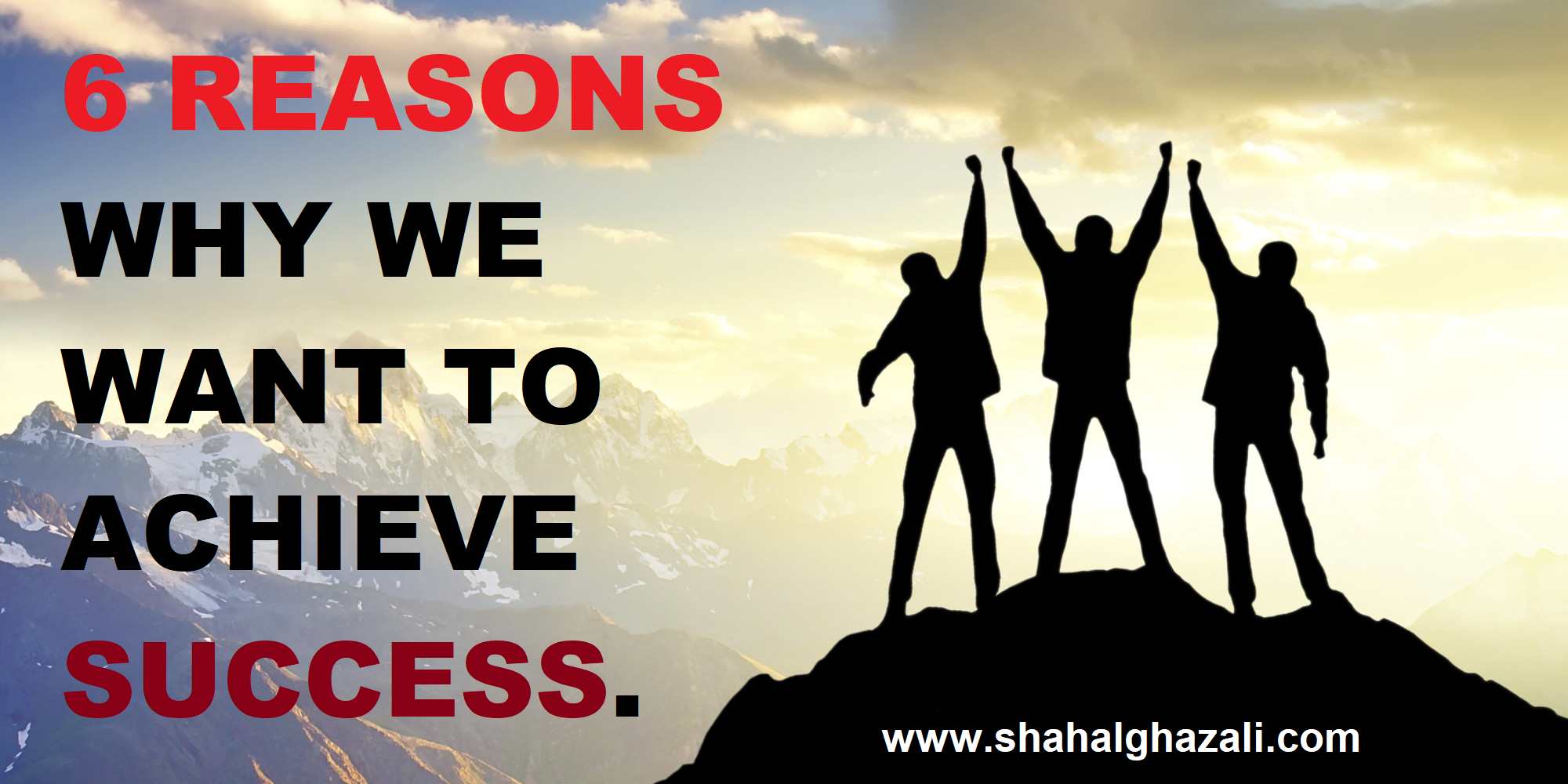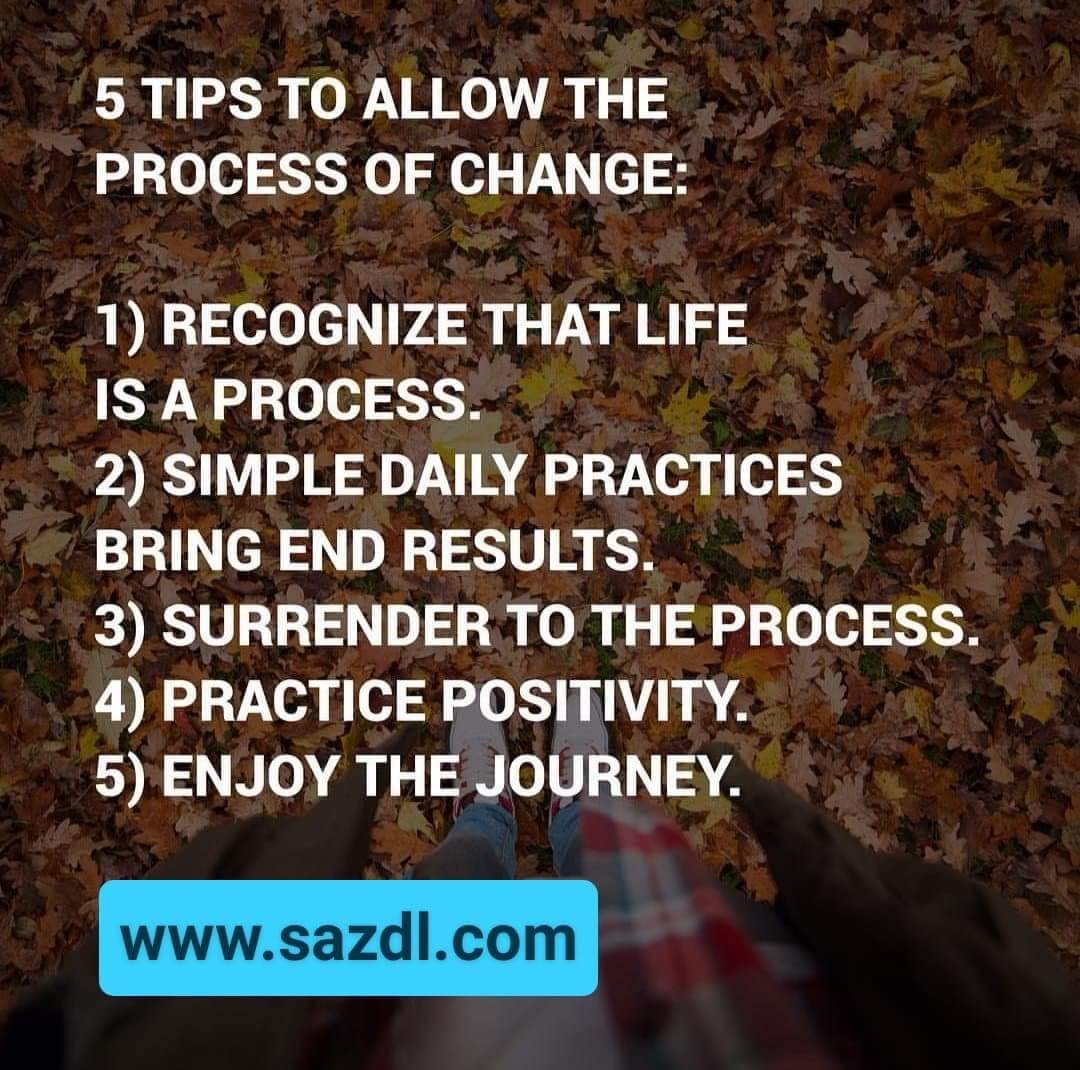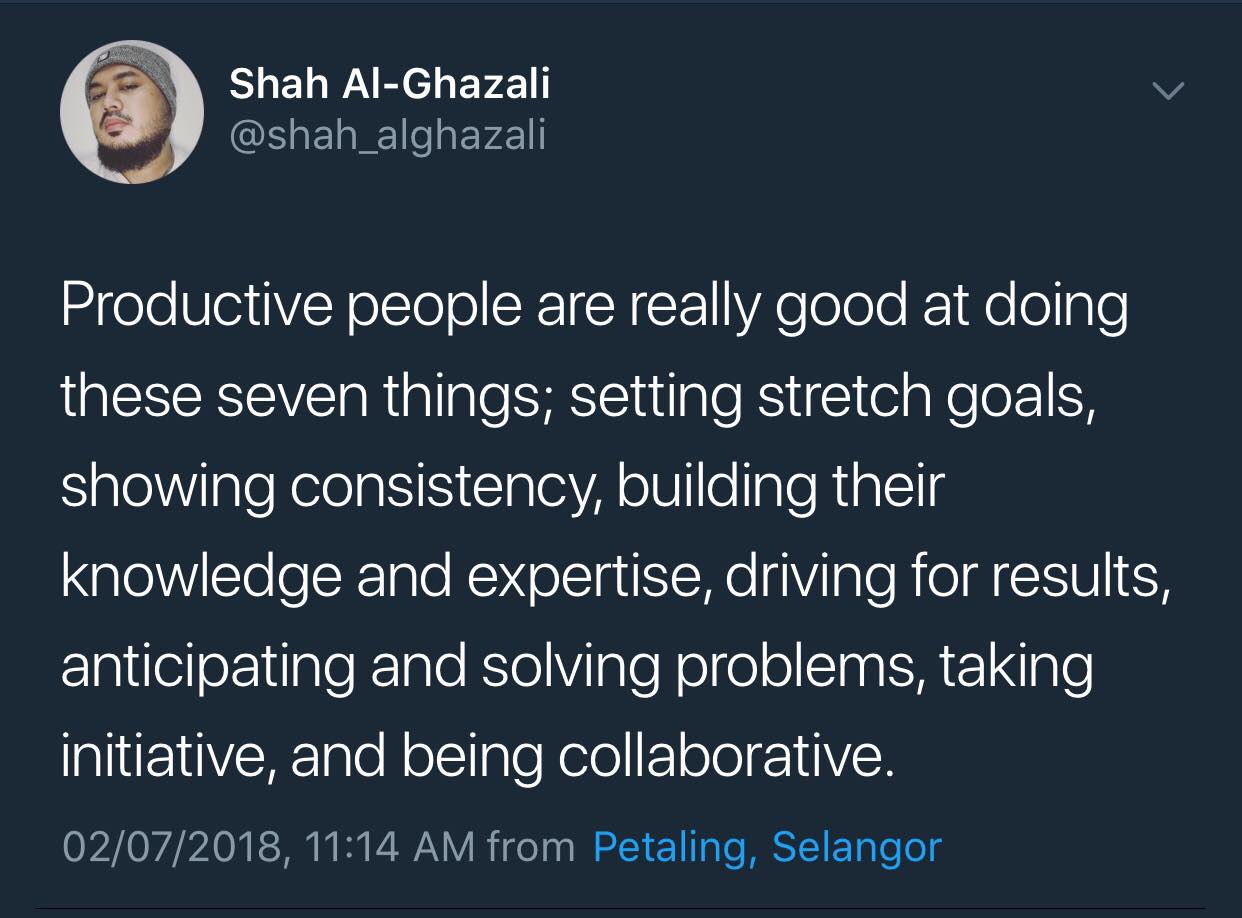
“The most accurate term for happiness is the one Aristotle used: eudaimonia, which translates not directly to ‘happiness’ but to ‘human flourishing’.” by Suhaimi Sulaiman.
The most important lesson for any new graduate, someone early on in their career or even a savvy veteran to understand is that success only works in a reciprocal manner. What that means is, our desire to succeed should truly be as great as our desire to help others reach their big goals. Once we have this purpose and vision aligned, the sky is truly the limit. The opportunities and relationships we’ve always dreamed of begin to come to light.
Let’s start with the cold-hard truth: at our core, we want to succeed because we want to find happiness and satisfaction for ourselves. It’s only human to look out for our needs and focus on “our game” versus someone else’s. To a certain extent, this will take us far in life. But if you look at it on the flip-side, if we focus only on our path and our needs, we won’t get very far.
For one thing, none of us make it on our own. We need the help of others to advance our careers, our personal ambitions and to find a life partner and satisfying relationships. We want to be happy. But in order for us to be both successful and happy, we have to recognize that the same people willing to help us are also looking for the exact same thing for themselves.
And why wouldn’t they? Isn’t that what we’re trying to do? So how do we get people to take an interest in us to help us achieve our big goals and purpose? We respond by taking an active interest in helping others back. We don’t just do it as an obligation or because we think it’s the right thing to do. We make an active choice to become personally invested in another individual’s success and happiness.
That investment of time is always time well spent because it has a compounding effect of interest that helps elevate us in our own pursuits.
“Giving back is as good for you as it is for those you are helping, because giving gives you purpose. When you have a purpose-driven life, you’re a happier person.” by Irfan Khairi.
Looking Out for Yourself and Others.
In a constantly evolving world, we have to look out for ourselves and recognize what we need to do to preserve our self-interest. An emotionally intelligent person is interested in overall success and achievement not just for themselves, but for their peers. Their inspired leadership and passion, combined with their optimism, drives them to want to do best for themselves AND others.
Too often, we get so self-absorbed and concerned only with “What’s in it for me?” We have to be concerned about this. It’s a must, so don’t let anyone ever convince you otherwise. But in the same way that we should be focused on our self-interest, we should also maintain a spirit of desire and hope for wanting to see the people around us succeed.
Not only is this a brilliant safeguard against envy and greed, it also revitalizes our passion and drives us toward achieving our next goal. It helps us gain allies and builds powerful relationships that come back to help us in a reciprocal fashion.
Take a look at some of the most successful people in the world , for instance like; Bill Gates, Oprah Winfrey and Warren Buffett just to name a few? What is the common thread between these three (aside from their astounding wealth)? They’re all great philanthropists who give tremendous amounts of money (and their time) to helping causes and people that they believe in.
They’re genuinely trying to leave the world a better place. Their success isn’t enough. Sure, their legacy matters to them, but their humanity enables them to want to help others succeed and find purpose in their lives.
Me, myself as an author who is also a Life Coach, Motivator and Leadership Storytelling Consultant always say this to my fellow apprentices,
“Our passion should be the foundation for our giving. It is not how much we give, but how much love we put into giving. It’s only natural that we will care about this and not so much about that, and that’s okay. It should not be simply a matter of choosing the right thing, but also a matter of choosing what is right for us.”
Help Others and Help Yourself.
Help the people who help you. Help strangers , give without expecting anything in return. Seek out the co-workers, community members and partners that are a part of your life. Who in the world would turn down someone who genuinely and authentically wants to help them succeed? If you have a game plan for your own success, chances are you can help someone else with theirs.
If you have the ability, it’s a matter of generating the desire. And sometimes, it’s best to reverse-engineer from what actual success looks like, to help us develop our game plan, which is initially fueled by our passion and desire.
Take this as observed by the Greater Good Science Center at UC Berkeley:
“A recent article published in The Journal of Positive Psychology by Daryl Van Tongeren and his colleagues sought to examine (how kindness and happiness help us find purpose) this relationship. In a preliminary study, the researchers asked over 400 participants to report on how frequently they engage in different altruistic behaviors (such as volunteering) and how meaningful their life feels. Participants who were more altruistic reported a greater sense of purpose and meaning in their lives.”
Wouldn’t you want to have a greater sense of meaning and purpose in your life? Wouldn’t you agree that once you do, it’s that much easier to be successful? When you have clearly defined goals and purpose, you’re able to be successful and help others achieve the same success for themselves. You’ll also find that you’re most happy and well on your way to doing even bigger things than you may have imagined.
7 STEPS TO LIGHT THE FIRE OF DESIRE.
Step 1: Get Specific about What you Desire.
Take a moment. Pause. Breathe. Ask yourself: “What do I truly, deeply desire? Is it freedom from debt? More time? More energy? Fitness? Happiness? A certain salary?” Be specific about exactly what you desire. This focus will help you paint a picture that inspires your progress.
Step 2: Know Your “Why” to fuel the fire.
List all the reasons why you desire that goal. Be specific. Go deep. This “why” will drive you toward the desired goal. It will fuel the fire of desire. For me, I have a monetary number in my head that gets us out of debt. But that’s not my “why.” My deeper why is the freedom to give, the ability to propel my family forward, to achieve explosive personal growth and build a powerful personal brand.
Step 3: Know What You’ll Give in Return.
If it’s a monetary Desire, what is the unique service or “super powers” you’ll use or provide to make the Desire come to fruition? If it’s a personal Desire (like learning to play the piano), how will you make time, pay for, what will you trade, or give to get what you want? (Stephen Covey’s “win-win” concept rings true here. To “get,” you’ve got to “give.”)
STEP 4: Set a Date.
This is not a deadline, per se, as much as a day you envision that you will hold what you Desire in your hands. Picture it. Be specific. For me, I envision standing in front of the window at the top level of Burj Khalifa, sipping a hot Black Ivory Coffee while enjoying the view from the skyscraper and feeling free. And that feeling is what fuels my desire fire!
Step 5: Create an Action Plan.
Tony Robbins calls it a “Massive Action Plan.” You can get as detailed as you like. But the key is writing what you will do RIGHT NOW to take action. No dawdling. No waiting for something to happen. You must envision the Desire and be deeply honest with what specific actions you will take to get you there. The key is focus: focus on the goal and the actions you will take toward achieving it.
Step 6: Write Your Statement of Desire.
Write out a full paragraph of your statement of desire. This is a short mantra, a manifesto that you create for yourself that encompasses all of the above. Put it in a note on your smartphone.
Step 7: Repeat Your Mantra 2x Daily.
When you wake up and when you go to bed, repeat your manifesto to yourself. Feel it. See it. Believe it. Trust it.
______________________________
DO YOU WANT TO IMPROVE THE PERFORMANCE IN YOUR ORGANISATION? If you are interested to learn the unique techniques and the easier ways of building your leadership skills for personal and also for your team, let’s apply for our Leadership Storytelling Training. We, at SAZ Diversify Legacy (SAZDL), will help to unleash your inner talent! This program is open for any type of businesses. For more information, you may visit our website: www.sazdl.com
Please CLICK HERE and fill the form to book our training and do not feel hesitate to contact our team at +601123827811 (Aiman) or +60169667912 (Louis), to discuss further.









